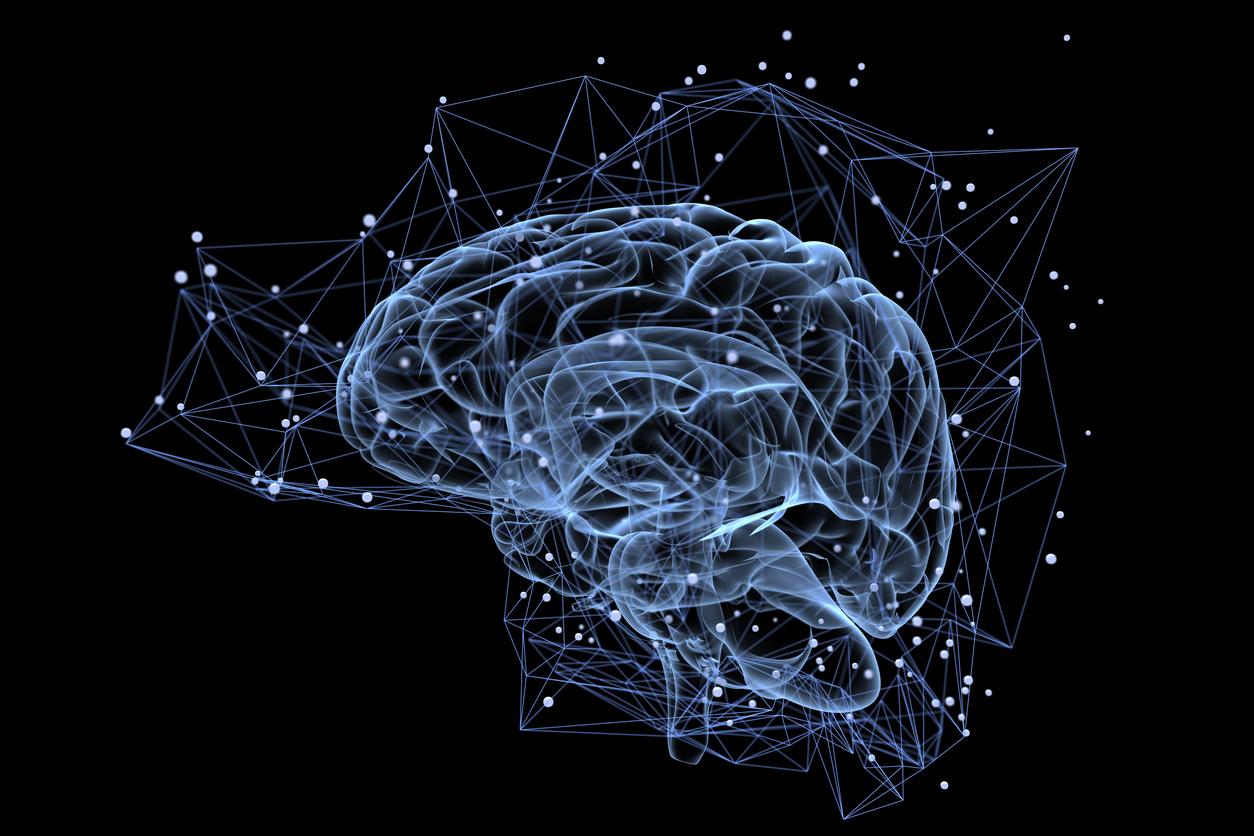More and more people claim to be electro-hypersensitive. But according to two experts interviewed by Why Doctor, if the suffering is real, it would not find its origins in electromagnetic waves.

The 5G will be deployed commercially on a large scale in France from 2020. This new technology aims to “allow new uses in many areas”, boast telecoms which promise us speeds up to 10 times higher than 4G in the field of Media, health or transport (self-driving cars). But if two specialists interviewed by Why Doctor assure that the studies highlighting the harmful effects of waves for health are not sufficiently reliable, what to say to people who say they suffer from electro-hypersensitivity?
Because although the WHO does not recognize their disease, it is clear that more and more people report various and varied symptoms such as great fatigue, difficulty concentrating, headaches and dizziness, nausea, tinnitus, digestive disorders, heart palpitations, tingling and burning sensations in the ears or an anxious or depressed state. As can be seen with the Linky meter controversythey attribute their ills to the widespread deployment of new technologies.
“Do I believe that people declaring themselves electro-hypersensitive suffer? Yes. Do I believe that this suffering has a real link with an electromagnetic exposure? Without a single second of hesitation, I answer no”, slice Sebastien Pointphysicist, president of the non-ionizing radiation section of the French radiation protection society and member of the French Association for Scientific Information.
A phenomenon of anxiety disorder?
“They are really sick people, their symptoms are real, they are not crazy. Now whether the waves are really the cause of their discomfort, that is another question. In the studies carried out in the laboratory, we tried to expose these people without their knowledge to see if they triggered their symptoms. In vain: we can’t manage to expose them by surprise without them knowing or to create their symptoms in the laboratory . Also, perhaps the waves are partly responsible for their discomfort, but they are certainly not the only ones. We are in a much more complex situation”, adds Yves Le Dréan, researcher for Inserm in the Irset unit (Institut de Recherche en Santé, Environnement et Travail) of the University of Rennes, who has a project with his team to see if some of these people might not have a molecular defect which could explain a sensitivity to the environment in the sense large.
“At the moment, we are trying to find avenues of work to try to understand what they have and offer them therapies because for the moment they are in a medical wandering, we do not know the origin of their badly and it’s very heterogeneous. Moreover, they don’t all complain about the same type of waves. It’s very complicated”, adds the researcher.
“I think we are in a phenomenon of anxiety disorder, of phobia, which causes these people to develop an aversion to waves and avoidance behaviors which cause them to have symptoms typical of panic or anxiety disorders: fatigue, stress… We see that whatever they do, they confirm their belief via, for example, the purchase of anti-radiation objects and sink into a spiral”, assures Sébastien Point.
Getting away from the airwaves is probably not the solution
Some, for example, go so far as to buy stones to put in their phone case in order to block the waves of the latter. “No one will try to make me believe that a stone can absorb the waves, or sort the good ones from the bad ones. There is no physical basis but that undoubtedly reassures her. It’s a placebo effect, rabbit’s dough” , declares Yves Le Dréan according to whom electro-hypersensitive people have a real medical liability but which finds its genesis elsewhere than in the waves. “They have health issues, research what’s happening to them for a long time and often come across the internet where people describe symptoms ‘like them’. But there are 80 non-specific symptoms described in EHS so everyone can find its part in it,” he said.
But in such conditions, what advice to these patients? “They would have to manage to forget the waves. Because I’m not sure that distance is the right solution, it’s very expensive. The waves are not necessarily the cause of their illness, by focusing on the wrong thing, they may miss the little click that would allow them to get better. It’s very delicate because doctors advise them to avoid the waves and they then feel better because they have been listened to and they have a protocol to follow, which reassures them”, explains Yves Le Dréan.
“We have no explanation”
Sébastien Point is even more radical when it comes to moving the waves away. According to him, this solution would be the worst possible. “If electro-sensitivity is a phobia, and that’s my theory, asking people to avoid exposing themselves runs the risk that they will do so and that avoidance behavior may reduce their anxiety symptoms. , thus confirming in their minds that the source of their symptoms was exposure to the waves”.
This will reinforce their idea that they should be wary of it and will fuel the vicious circle. “On the contrary, I think we should encourage electro-sensitive people not to run away from the waves and to follow a cognitive behavioral therapy which would allow them to dissociate their symptoms from exposure to the waves”, he continues.
“We are in the unknown, complete darkness, we are groping our way. We have no explanations. We may have it later. We are probably working for future generations. the problem of scientific research: we are here to explore the unknown”, concludes Yves Le Dréan.
.















